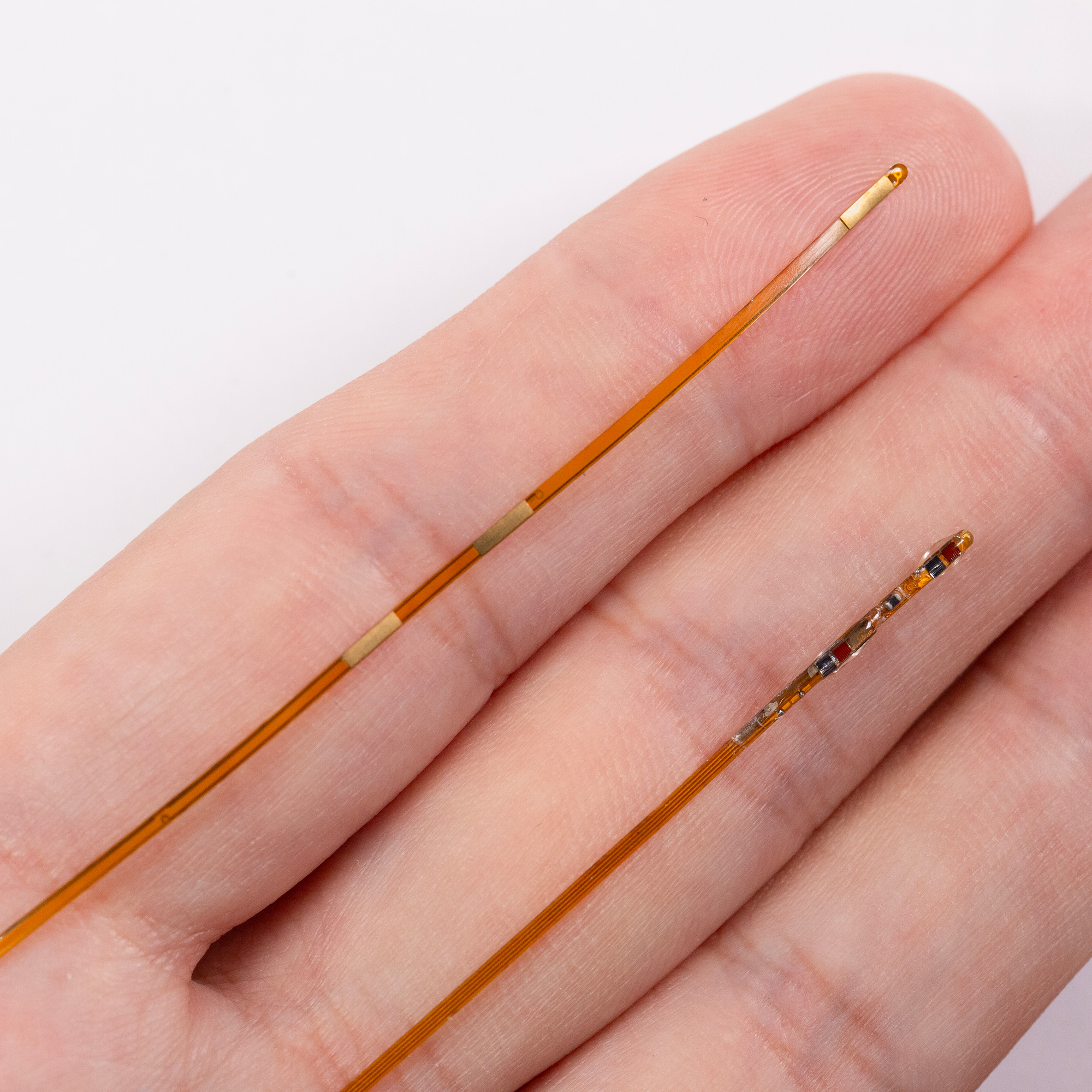Year: 2014
-

Exploring the Safety of Minimally-Invasive Cosmetic Surgeries
A Northwestern Medicine study analyzed the records of more than 20,000 surgeries and found a very low risk of adverse events for minimally-invasive cosmetic surgery procedures.
-

Smokers More Likely to Develop Chronic Back Pain
Northwestern Medicine scientists mapped brain circuitry associated with addiction and reward, and found that smoking affects the way the brain relates and responds to pain. The findings could lead to targeted therapies for chronic pain sufferers.
-

Assessing Wait Time Versus Talk Time in the Emergency Department
Northwestern Medicine investigators evaluated the amount of time patients spend talking with healthcare providers compared to time spent waiting in the emergency department. The results can help providers plan better ways to use a waiting time to increase patient satisfaction.
-

Medical Students Experience Continuity of Care through Education Centered Medical Home
The Education Centered Medical Home, a longitudinal clinical experience for students, continues to grow as students gain an understanding of continuity of care and team medicine.
-

Examining the Genetics behind Autism Spectrum Disorders
Ruoqi Gao, a fourth-year Medical Scientist Training Program student, is interested in how neurons grow and change over time and how this process goes awry in autism.
-

War Wound Sparked Interest in Medicine
Bob Cromer, ’52 MD, thanked his lucky stars that a German mortar shell hit his left leg during World War II combat in March 1945. That “million-dollar” wound allowed him to receive a disability rating and have his education paid for under Public Law 16 (rehabilitation) instead of the standard G.I. Bill.
-

The Battle Continues: Alumnus Who Served Continues to Fight for Veterans
Dr. Sudip Bose raises awareness and money on behalf of veterans with post-traumatic stress, depression and suicidal ideation.
-

Sister to the North
A new Northwestern Medicine Lake Forest Hospital will raise the bar by bringing academic medicine to Chicago’s suburbs.
-

DNA Sequence of Events
The use of genetic information to inform patient care, from cancer to neurological disorders, has personalized medicine for individual patients like never before. But more is still to come, according to Elizabeth M. McNally, MD, PhD, new director of Northwestern University Feinberg School of Medicine’s Center for Genetic Medicine.
-

From the Military to Medicine, Profiles of Students/Trainees Who Have Served
Throughout the decades, Northwestern University Feinberg School of Medicine students, faculty and alumni have had a long-standing history of serving in the U.S. Armed Forces for a variety of reasons.






